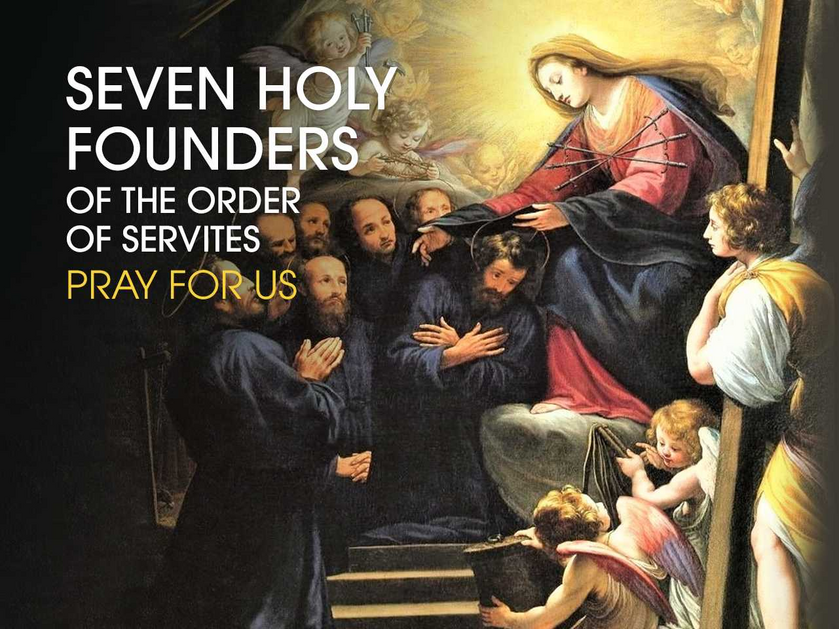THE ERROR OF ARIUS ABOUT THE INCARNATION
In their eagerness to proclaim the unity of God and man in Christ, some heretics went to the opposite extreme and taught that not only was there one person, but also a single nature, in God and man. This error took its rise from Arius. To defend his position that those scriptural passages where Christ is represented as being inferior to the Father, must refer to the Son of God Himself, regarded in His assuming nature, Arius taught that in Christ there is no other soul than the Word of God who, he maintained, took the place of the soul in Christ’s body. Thus when Christ says, in John 14:28, “The Father is greater than I,” or when He is introduced as praying or as being sad, such matters are to be referred to the very nature of the Son of God. If this were so, the union of God’s Son with man would be effected not only in the person, but also in the nature. For, as we know, the unity of human nature arises from the union of soul and body.
The falsity of this position, so far as regards the assertion that the Son is less than the Father, was brought out above, when we showed that the Son is equal to the Father. And with respect to the theory that the Word of God took the place of the soul in Christ, the absurdity of this error can be shown by reverting to a point previously set forth. For, as we demonstrated above, the soul is united to the body as the latter’s form. But God cannot be the form of a body, as we also demonstrated above.’s Arius could not counter by maintaining that this is to be understood of God the Father on high, since the same can be proved even of the angels, namely, that they cannot, of their very nature, be united to a body in the manner of a form, seeing that by nature they are separated from bodies. Much less, then, can the Son of God, by whom the angels were made, as even Arius admits, be the form of a body.
Besides, even if the Son of God were a creature, as Arius falsely teaches, He nevertheless excels all created spirits in beatitude, according to the heresiarch himself. But the beatitude of the angels is so great that they can suffer no sadness. Their happiness would not be true and complete if anything were wanting to their desires, since the very notion of beatitude requires that it be the ultimate and perfect good wholly satisfying all desire. Much less can the Son of God be subject to sadness or fear in His divine nature. Yet we read that He was sad: “He began to fear and to be heavy,” “and to be sad” (Mark 14:33; Matt. 26:37). And He Himself gave witness of His sorrow, saying, “My soul is sorrowful even unto death” (Mark 14:34). Sadness, assuredly, pertains not to the body, but to some substance capable of apprehension. Therefore, besides the Word and the body, there must have been in Christ another substance that could suffer sadness; and this we call the soul.
Moreover, if Christ assumed what is ours for the purpose of cleansing us of sin, and if our greater need was to be cleansed in soul, from which sin arises and which is the subject of sin, we must conclude that He assumed not a body without a soul, but a body together with its soul, since the soul was the more important part for Him to assume.




















